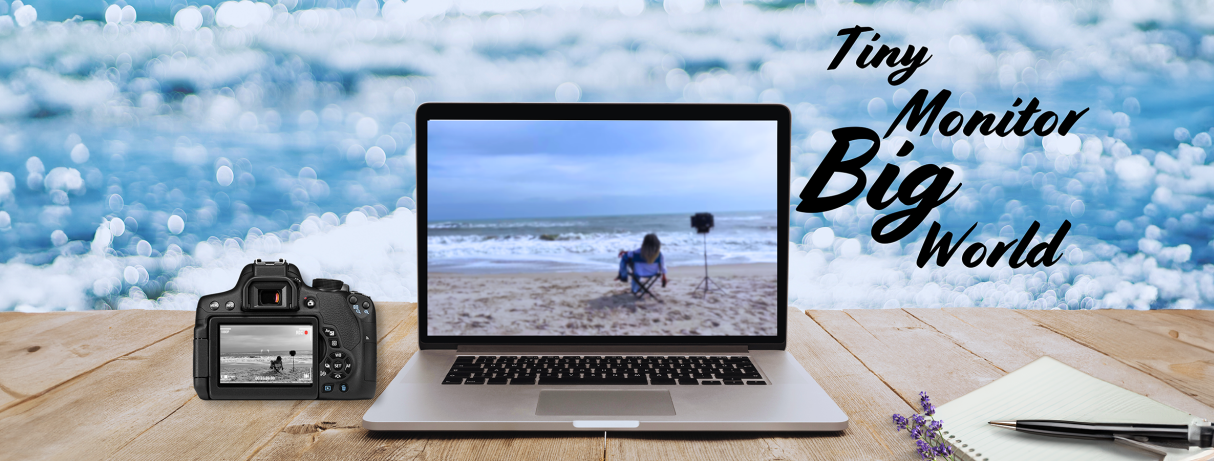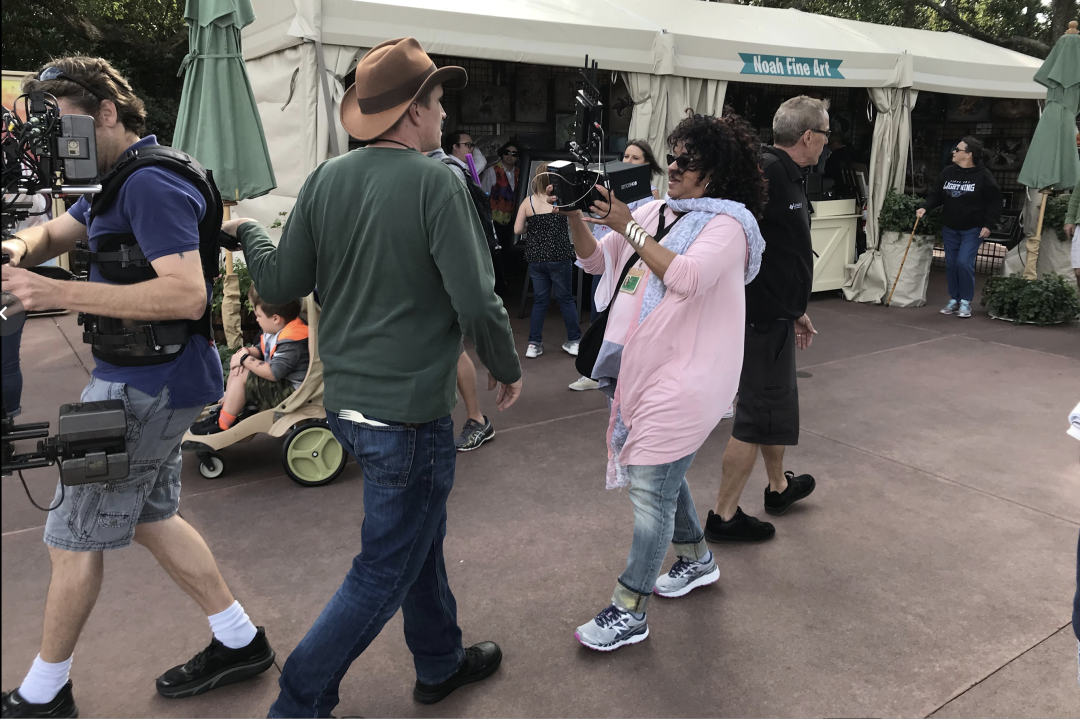FOCUS: Look at the Time
“In the beginning, there was a viewfinder.”
PRE-PRODUCTION
It was my very first professional field shoot, the first chance I had to show my skills as a logging production assistant. The senior producer, busy with setting up her shot and working with talent, fully expected me to understand the task and get right to it the minute the red circle lit up in the viewfinder. Without any direction, she made it clear, “I’ve got a shoot to focus on”.
Do your job.
I knew what timecode was. I logged “tape” (yes I said it!) in my magnet class at Newport News Public Schools TV, my first introduction to making TV for our little news and variety show. Now that’s a tape I’d love to find. I lugged a camera and audio bag around the hilly campus of James Madison University as a shooter for the sports producer, capturing swim meets, lacrosse matches, and athlete profiles.
I knew what timecode was, right? I just didn’t know how she wanted me to document the shots. Did she want in and out cues? Did it need to be exact? Did she want detailed descriptions of the scene? Should I ask? The number two pencil lead broke as I attempted to draw columns on the yellow note pad. Without a sharpener, I used my fingernails to peel back the wood. My hands started to sweat as my heart raced, fearing unprepared for my first being role in the field.
ACTION
Nervously, I approached the videographer, who definitely looked nothing like me, that scrawny brown- skinned college girl who shot with a Sony Betacam for JMU Breeze TV. This was a tall, stony and silent older white dude whose cologne brand- “Cigarettes and Stale Coffee” (I’d come to know that fragrance well)- complimented his cactus personality. He hoisted the toaster oven-size video camera high over his shoulder and proceeded to set his shot. I needed ballerina skills to see the tiny white numbers in the viewfinder. I feared leaning in too close, interrupting his focus only to get pricked by his thorns.
That feeling of being a novice newbie with no skill- an uninvited freshman to an upperclassman party of experienced production veterans- would happen again and again at the start of my career. I just recently learned what imposter syndrome is..there was definitely some of that going on. I had to gain confidence to ask questions. I had to recognize my value as a member of the production team, stand next to the producer, and listen to direction, and study their technique. On the surface, the role of a PA felt minor, but peering into a viewfinder, or logging interviews and b-roll on a monitor was important to the storytelling process.
I was getting an introduction to the Bigger Picture. I’ve learned to value every experience through the lens and embrace the journey of learning and growing as a professional. This is what I hope to share through Tiny Monitor Big World; my personal experience of working in production.
WRAP
The first time a PA asked me, “How do you want me to log your footage?”- the memory of that nervous moment in the field came rushing back. I was flattered to be asked, and eager to break down my technique and make her feel comfortable. I introduced her to the videographer, and made sure he understood her role- breaking down barriers, and making everyone feel empowered to do their job.
Now dear readers – manual logging today is as relevant as a betamax tape. Now software does all the work. I wonder if AI would recognize “Professional Viewfinder Watcher” on my resume? 😂


Comments